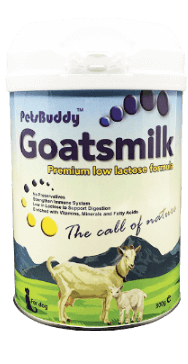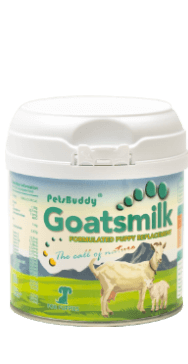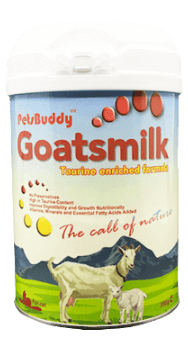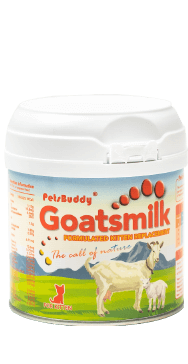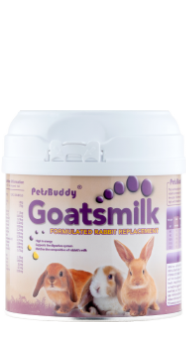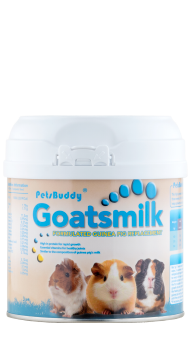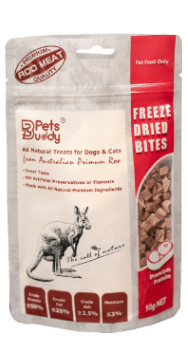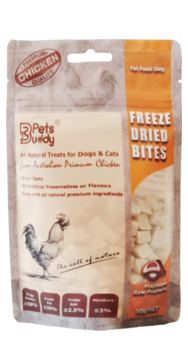Kangaroo meat is high in protein and low in fat (about 2%). Kangaroo meat has a very high concentration of conjugated linoleic acid (CLA) when compared with other foods. CLA has been attributed with a wide range of health benefits including anti-carcinogenic and anti-diabetes properties, in addition to reducing obesity and atherosclerosis.
While Kangaroo meat has enjoyed popularity for its organic nature, little information has been available about its nutrition benefits besides articles dedicated to the value of CLA's. While basic nutritional data (total protein, fats etc) are published worldwide, little research has been provided about the nature of the kangaroo protein and its composite amino acid profile.
Of the 22 amino acids within protein, ten are vital to human and animal well-being because they can't be manufactured in the body. These are so-called essential amino acids. Essential Amino acids have been calculated for dried Kangaroo muscle meat and compared to various other farmed meat sources such as chicken, pork, beef and lamb. By comparison to these farmed meats, kangaroo meat is higher in threonine, isoleucine and valine and lower in arginine and methionine-cystine amino acids.
The meat is also processed into pets food. The small kangaroo farming community is a more environmentally friendly meat industry than sheep or cattle farming since kangaroos require no processed feed, are well-adapted to drought, and do not destroy the root systems of native grasses.
